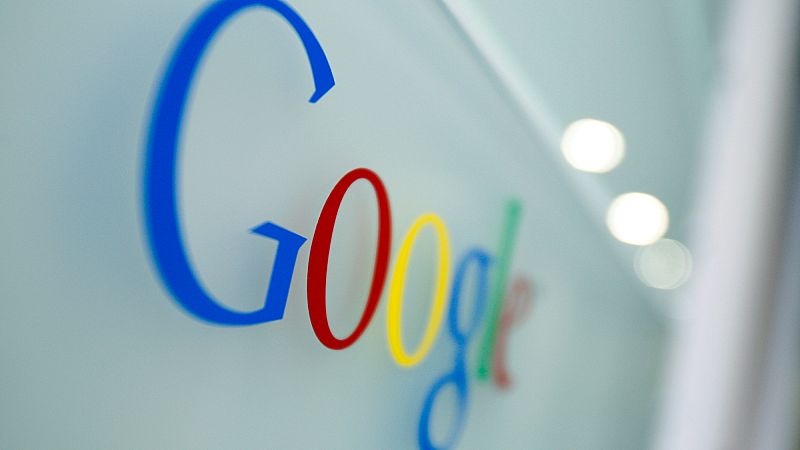Australia’s world-leading social media ban for under-16s is ‘difficult to enforce,’ Google says

Google told Australian lawmakers that the country’s world-leading ban on social media for children under the age of 16 will be difficult to enforce.
Under the new Australian law, which goes into effect December 10, children under 16 will be unable to create or keep accounts on platforms such as Facebook, X, Snapchat, Instagram, TikTok, and YouTube, which is owned by Google. If these platforms are found to be in violation of the law, they could face stiff penalties of 50 million Australian dollars (€28 million).
Experts had previously said that the rules will be some of the strictest limits on children’s access to social media in the world.
The new rules aim to protect young Australians from “pressures and risks that users can be exposed to while logged in to social media accounts,” according to the country’s internet safety regulator.
Rachel Lord, Google and YouTube’s senior manager of public policy in Australia, told an Australian senate committeethat the new legislation might be “well-intentioned” to protect children online, but in practice it will have “unintended consequences”.
“The legislation will not only be extremely difficult to enforce, it also does not fulfill its promise of making kids safer online,” Lord told the committee. “The solution to keeping kids safer online is not stopping them from being online”.
The risks of children accessing YouTube without being able to log in to their own accounts means that safety controls and filters put in place for younger users will no longer be usable, Lord said.
She cited restrictions in YouTube’s recommendations section as one such guardrail meant to protect children from inappropriate or harmful content, for example body comparison videos or content that idealises “different weights or fitness levels”.
YouTube’s autoplay feature, which lets videos run one after another without break, as well as personal advertising features, are also turned off for child users, Lord said.
Parent-supervised accounts, where parents can make decisions about what their child sees online, might also not be available under the new legislation, Lord said.
When Australia first passed its social media ban for under-16s in 2024, YouTube was excluded. But it was addedthis summer after the country’s internet regulator recommended that it be included.
While media reports have suggested that Google could challenge the ban, Lord declined to confirm whether the company is mounting a legal challenge.
Today

